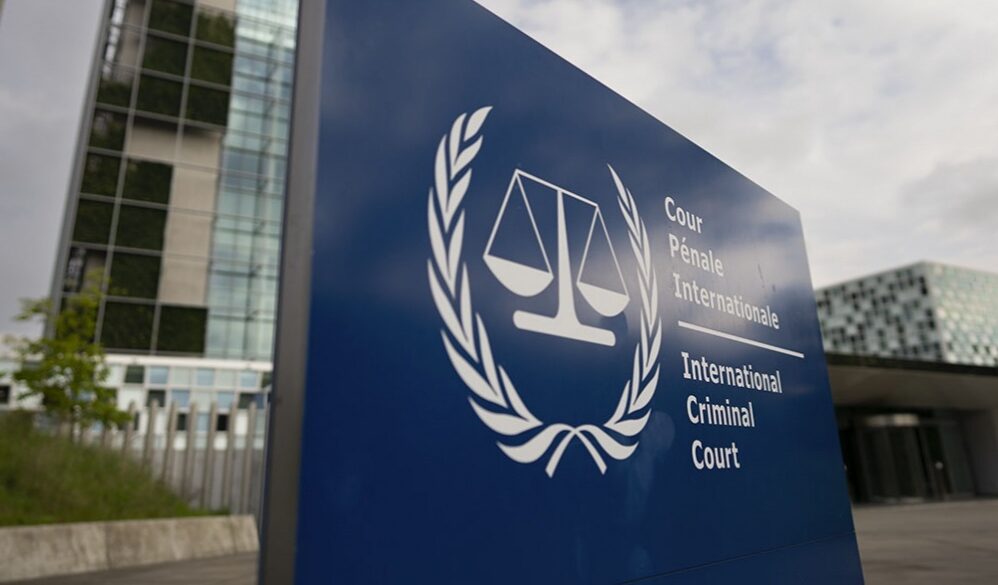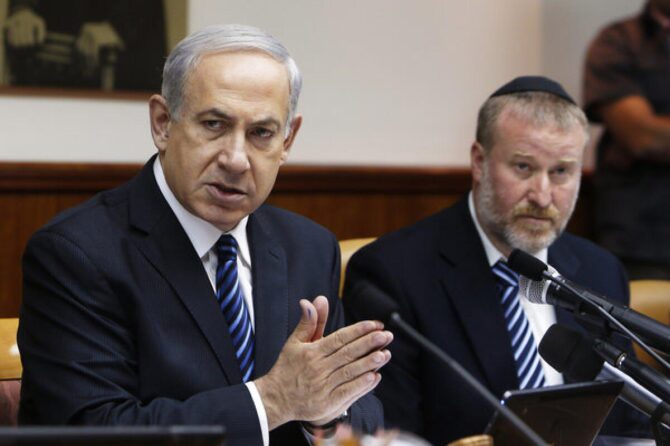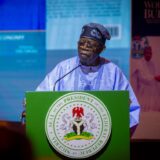The ICC’s Legitimacy Under Threat
The International Criminal Court (ICC) is facing significant challenges that threaten its legitimacy and effectiveness. The ICC’s investigations into war crimes, particularly those involving high-profile leaders like Vladimir Putin and Israeli Prime Minister Netanyahu, have sparked intense backlash. This criticism has led to increased scrutiny of the ICC’s role in international justice and its ability to hold leaders accountable for their actions.
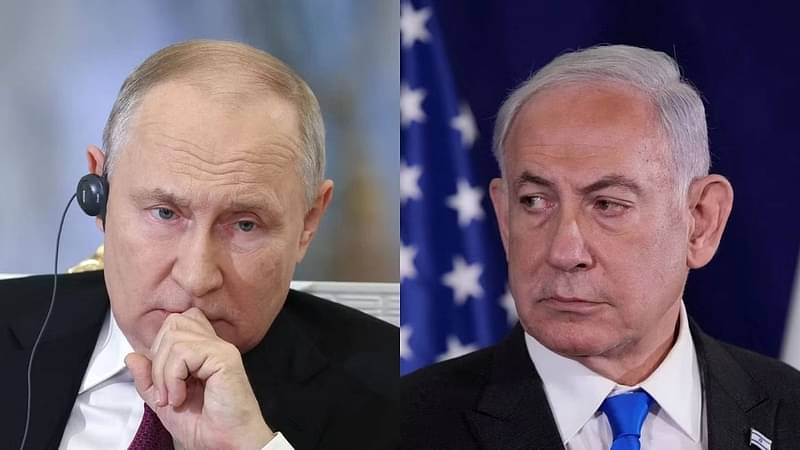
Reliance on Member States: A Vulnerability
One of the primary challenges facing the ICC is its reliance on member states to execute arrest warrants. This dependence exposes a significant vulnerability, as seen in instances like Mongolia’s refusal to detain Putin during his visit. The lack of cooperation from member states severely undermines the ICC’s ability to hold powerful leaders accountable for war crimes and human rights abuses.
Internal Struggles Weaken the ICC
Another challenge facing the ICC is internal strife. Chief prosecutor Karim Khan is currently under investigation due to serious allegations of sexual harassment, casting a shadow over the court’s credibility. The ICC’s docket is also notably empty, with no trials pending after two conclude in December.
The ICC’s Crucial Role in International Justice
Despite these challenges, the ICC’s role in the realm of international justice remains crucial. The court’s mandate to hold leaders accountable for war crimes and human rights abuses is essential, particularly as threats to international law and global security intensify. The ICC’s investigations and prosecutions serve as a deterrent to potential perpetrators and provide justice for victims and their families.
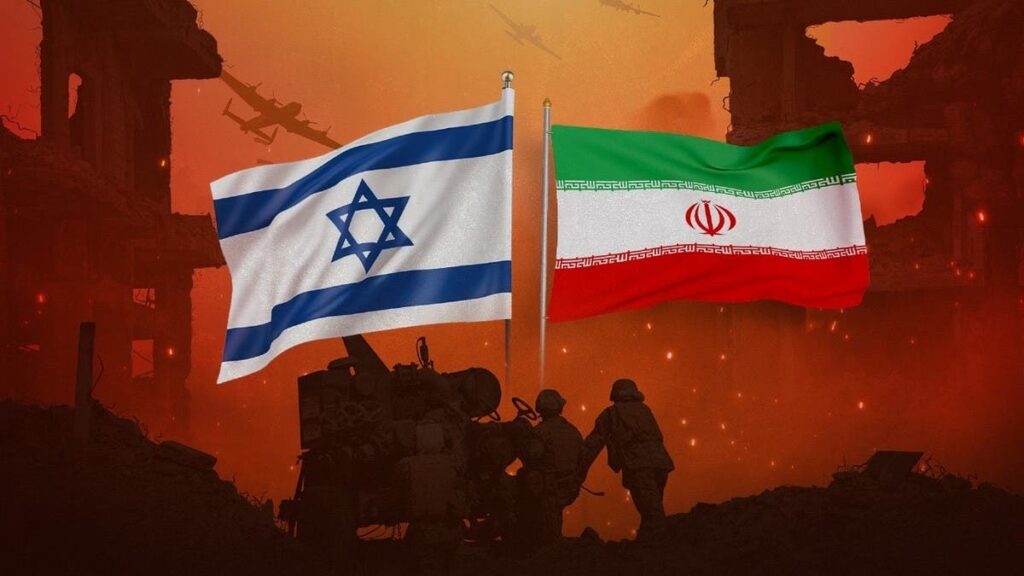
Key Challenges Facing the ICC
The ICC faces numerous challenges that threaten its legitimacy and effectiveness. Some of the key challenges include:
- Geopolitical Tensions: The ICC’s investigations into war crimes have sparked intense backlash from countries like Russia and the United States.
- Reliance on Member States: The ICC’s dependence on member states to execute arrest warrants exposes a significant vulnerability.
- Internal Struggles: The ICC faces internal strife, including allegations of sexual harassment against the chief prosecutor.
- Limited Resources: The ICC’s docket is notably empty, with no trials pending after two conclude in December.
- Legitimacy: The ICC’s legitimacy is called into question due to its reliance on member states and internal struggles.
The Impact of Geopolitical Tensions on the ICC
Geopolitical tensions have significantly impacted the ICC’s ability to function effectively. The ICC’s investigations into war crimes have sparked intense backlash from countries like Russia and the United States. This criticism has led to increased scrutiny of the ICC’s role in international justice and its ability to hold leaders accountable for their actions.
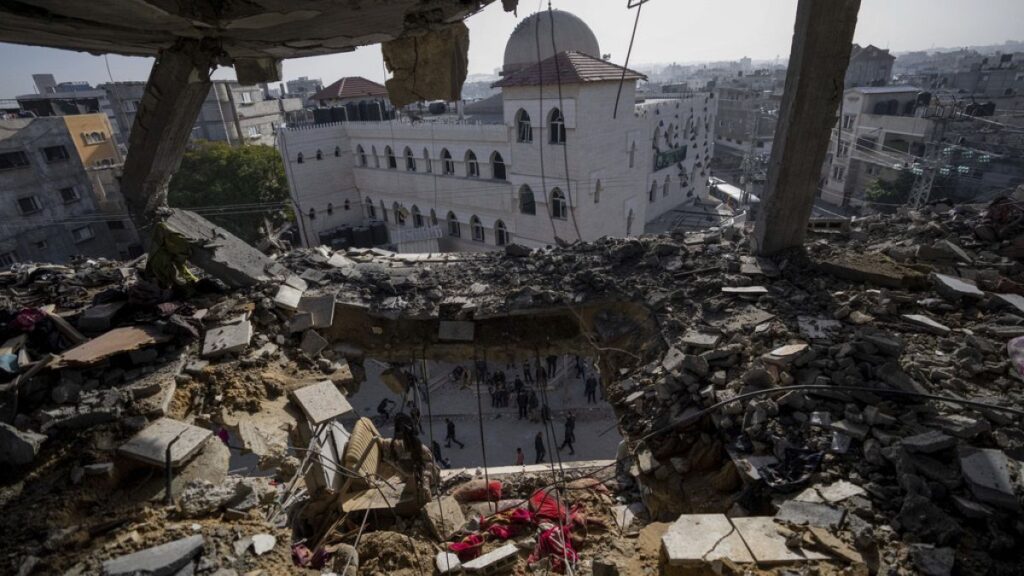
The Role of the ICC in Promoting Justice and Accountability
The ICC plays a crucial role in promoting justice and accountability on the global stage. The court’s investigations and prosecutions serve as a deterrent to potential perpetrators and provide justice for victims and their families. The ICC’s work is essential for upholding international law and ensuring that leaders are held accountable for their actions.
The Way Forward
To navigate these challenges, the ICC must prioritize strengthening its relationships with member states to foster enhanced cooperation. Addressing internal struggles and allegations of misconduct is also essential for restoring confidence in the court. Securing increased funding and resources will be pivotal in ensuring the ICC can operate effectively.
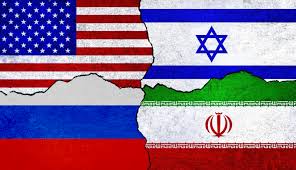
Conclusion
The ICC faces significant challenges, but its work remains crucial for upholding international justice and ensuring accountability for leaders’ actions. By addressing internal issues, fostering cooperation with member states, and securing the necessary resources, the ICC can navigate its current difficulties and continue to play a vital role in promoting justice and accountability on the global stage.


